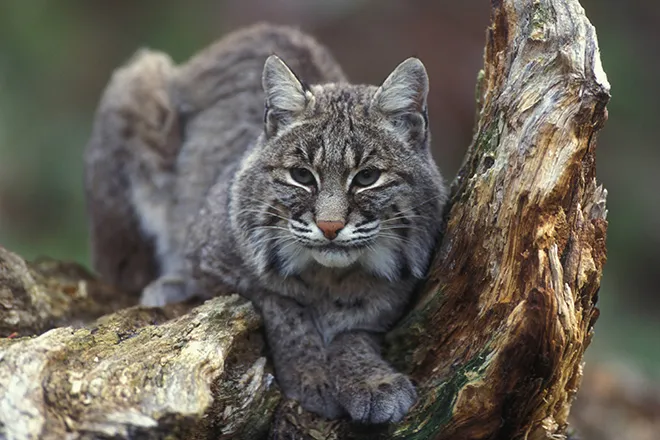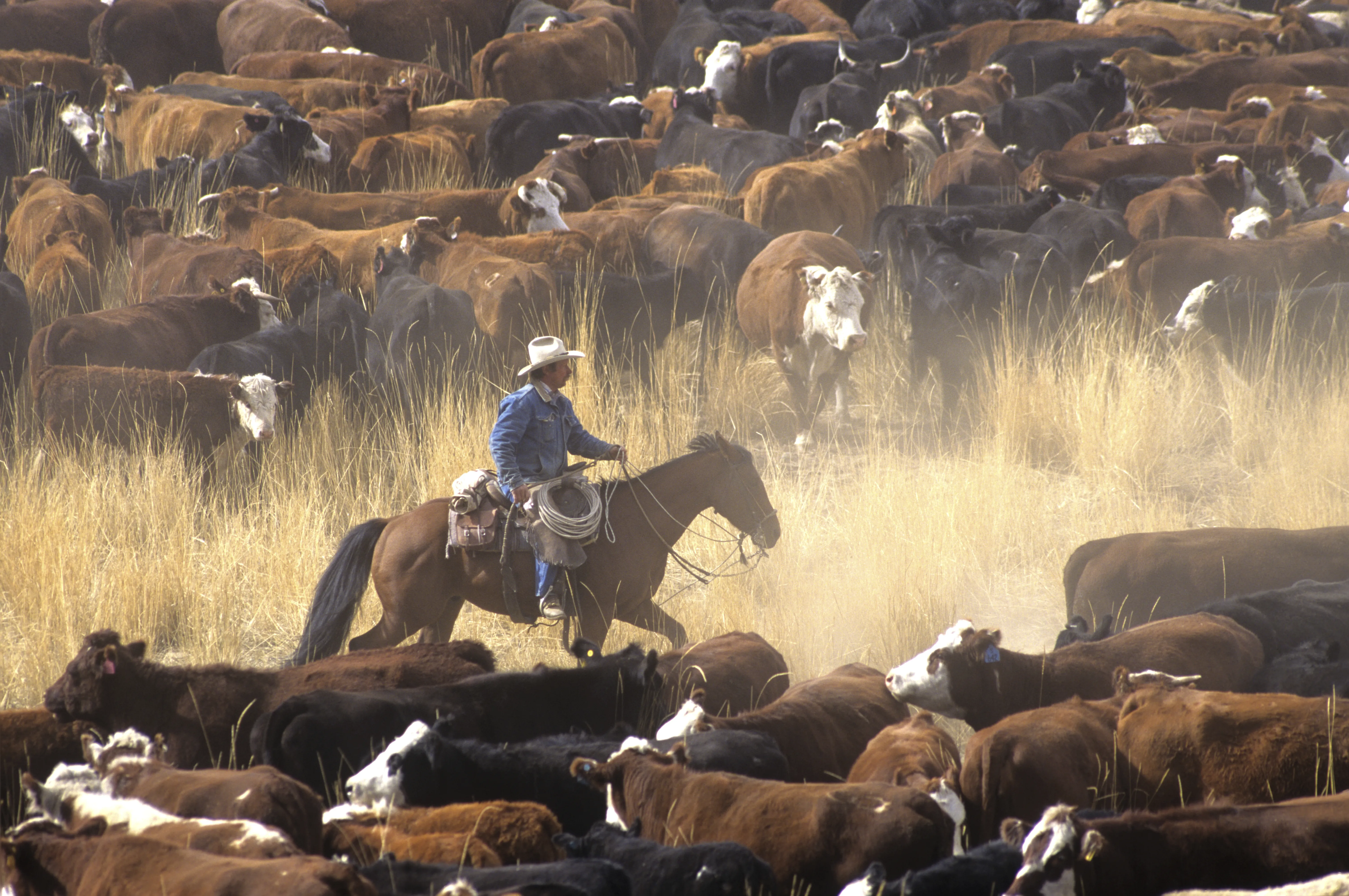
Commentary - Nebraska’s emphasis on intensive animal ag complicates bird flu fight
As a nursing instructor in Lincoln and Omaha, I have been following closely our country’s bird flu crisis, and was saddened but not surprised to learn that our country experienced the death of its first patient from H5N1 bird flu in Louisiana.
A new case of bird flu virus was just detected in a backyard flock in Saunders County, adjacent to Sarpy County where I live. To help protect workers from the virus, a bill has just been introduced in Lincoln, which is a helpful preventive step.
This is particularly important right now as a new strain of the virus, H5N9, has been detected in California, which means that bird flu is transforming in a way that could allow it to spread more easily in humans.
Watching cases
My colleagues and I are watchful for symptoms of bird flu as our state has the sad distinction of being among the top five states in the Midwest with the highest number of birds affected by bird flu virus. Hopefully our vigilance will help ensure that Nebraska does not join the list of states in which more than 65 human cases of bird flu have been detected.
Tragically, this virus has sickened dozens of people, decimated poultry populations, and infected dairy cows.
Thankfully, our state is doing a good job of monitoring for the virus. But now is the time to look closely at the food production system that puts farm workers in close contact with sick birds and cows, the standard American diet that demands it and the health ramifications of both.
From a health professional’s perspective, shifting food production away from intensive animal agriculture can benefit public health. Facilities with large numbers of animals in a small amount of space are a concern for public health because they provide ideal conditions for viruses to spread, evolve, and possibly acquire the ability to infect people more easily.
Farming changes
Intensive animal agriculture was implicated when influenza viruses H1N1, H5N1, and N7N9 jumped from animals to people, according to research published in Frontiers in Microbiology.
Nebraska is among the top 16 egg-producing states. The life of egg farmers and contract chicken growers can be challenging, and some of them are repurposing their chicken houses to grow crops.
North Carolina poultry farmers Dale and Paula Boles switched from chickens, converted their 500-foot-long poultry barn to a greenhouse and now grow organic vegetables.
They are not alone. In Southwest Arkansas, farmers Jennifer and Rodney Barrett are transitioning from raising poultry and cattle to growing mushrooms.
These farm transitions aren’t easy. The government should provide financial and technical support. Nebraska could help its farmers with a program like the one established by lawmakers in Vermont who provide grants to farmers who wish to diversify or transition from one type of farming to another.
On a broader scale, U.S. Senator Cory Booker, D-N.J., has introduced legislation that would require the U.S. Department of Agriculture (USDA) to provide grants to livestock farmers to pay off related debt and transition the property to alternative agriculture activities. If legislation like this is introduced again this year, U.S. Senators Deb Fischer, R-Neb., and Pete Ricketts, R-Neb., should support it.
New opportunities
With its vast prairies and farmland, Nebraska is full of opportunity for egg and poultry farmers who want to transition to crops or orchards. Plant-based foods grown here can help people improve heart health, prevent diabetes and maintain a healthy weight, among other benefits.
In fact, Nebraska is already a top producer of dry edible beans, which are high in protein as well as micronutrients like potassium, magnesium, folate, iron and zinc. Though we are the Cornhuskers, leafy greens, tomatoes, asparagus, raspberries, and carrots, to name just a few, also provide farmers with opportunities for income.
Shifting away from animal agriculture helps our environment and improves worker safety as well. Large-scale poultry operations produce huge amounts of waste and contribute to waterways overloaded with phosphorous and other pollutants. Poultry farms are a primary source of water, air, and land pollution.
I have found for myself and my patients that removing animal products from the diet significantly improves health, and the scientific literature tells the same story. A recent study with 22 pairs of identical twins found that a plant-based diet improves heart health in as little as eight weeks. The twins following a plant-based diet experienced lower LDL, or “bad” cholesterol, and they lost more weight than the omnivore twins.
Government grants and other assistance should be available if Nebraska poultry farmers or egg producers would like to switch to growing crops, which also would benefit human health and the environment.
Cody Stubbe, RN, MSN, is a nursing instructor in Nebraska. She teaches healthy nutrition and is a member of the Physicians Committee for Responsible Medicine, a public health advocacy nonprofit.
Nebraska Examiner is part of States Newsroom, a nonprofit news network supported by grants and a coalition of donors as a 501c(3) public charity. Nebraska Examiner maintains editorial independence. Contact Editor Aaron Sanderford for questions: info@nebraskaexaminer.com.

















